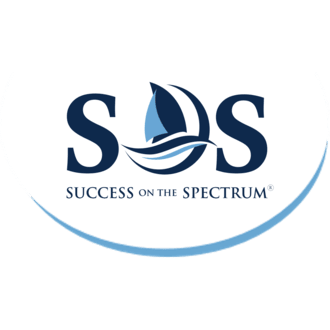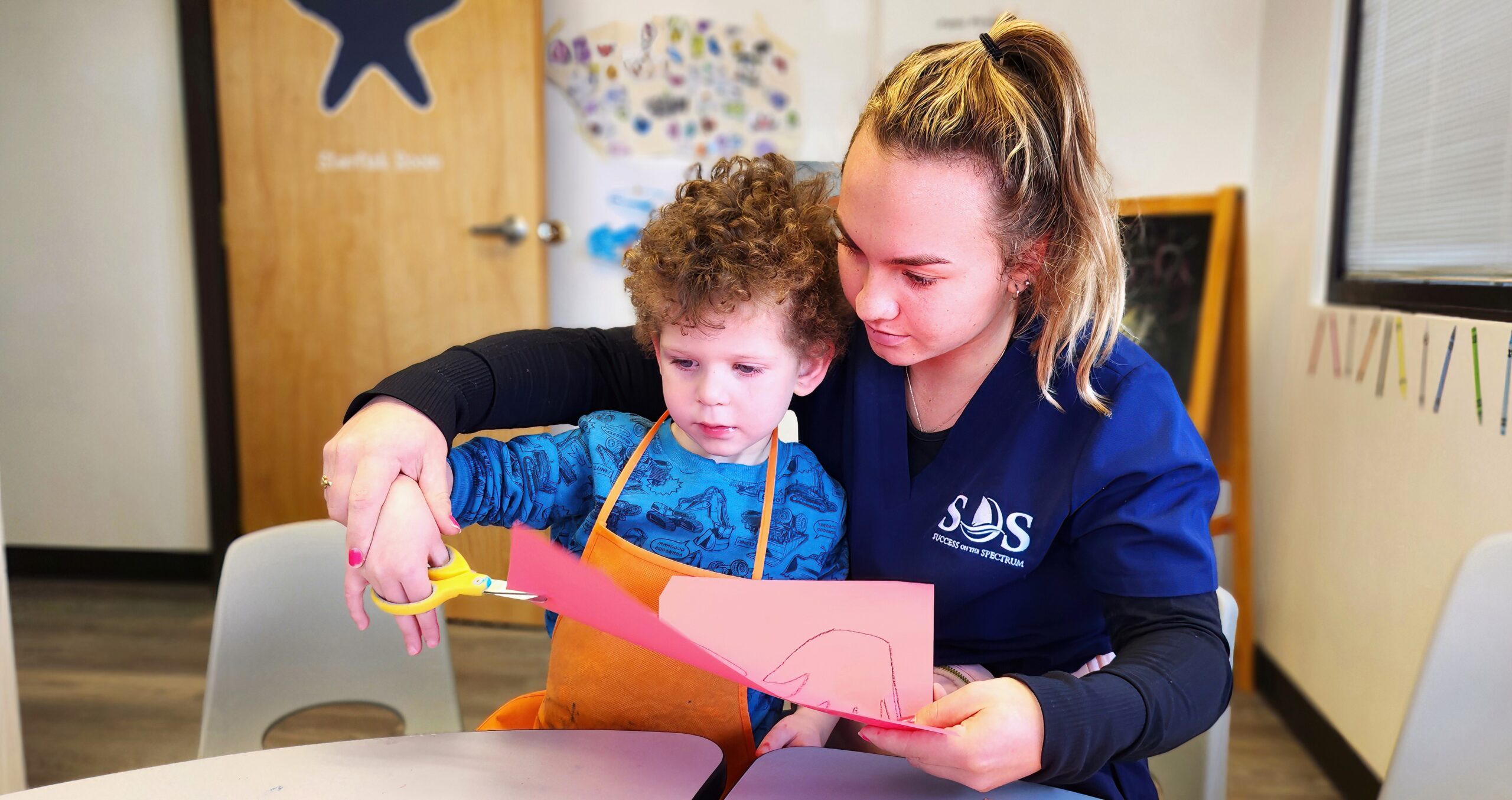In the ever-growing world of businesses catering to children with autism, the clash between private equity firms and owner-operated franchises has become increasingly apparent. With an estimated annual revenue of $7 billion, services tailored to support children on the autism spectrum have garnered significant attention. However, the methods and motivations behind the management of these businesses vary drastically depending on whether they are under the control of private equity or operated by dedicated franchise owners.
Private equity firms have made substantial waves in this sector, responsible for a staggering 85% of autism company buyouts between 2017 and 2022. While these firms bring financial resources and strategic expertise to the table, concerns arise regarding their prioritization of profits over the well-being of their clients. According to Jon Bailey of the ABA Ethics Hotline, the profit-centric approach of private equity can lead to the erosion of the value systems essential for providing ethical and effective autism services.
Check out this story on NBCNews.com The Impact When Private Equity Firms Buy Companies That Serve Children With Autism
In stark contrast, owner-operated franchises offer a different perspective. These businesses are often driven by individuals who have a personal connection to autism, whether through family members or personal experiences. As a result, their decisions are grounded in a deep understanding of the needs and challenges faced by individuals on the spectrum. Unlike the profit-driven model of private equity, franchise owners have the autonomy to prioritize the best interests of their clients above all else.
One of the key advantages of owner-operated franchises lies in their ability to foster a sense of community and trust within their client base. With a personal stake in the success of their business, franchise owners are deeply invested in building long-lasting relationships with the families they serve. This level of dedication and commitment often translates into a higher quality of care and a more personalized approach to therapy and support services.
Furthermore, owner-operated franchises are better equipped to adapt to the evolving needs of the autism community. With the flexibility to implement innovative programs and tailor services to individual preferences, these businesses can provide a more comprehensive and effective support system for their clients. This adaptability is essential in an ever-changing landscape where new research and best practices continuously emerge.
While private equity firms bring financial resources and scalability to the table, their profit-driven motives can sometimes conflict with the ethical and compassionate care that individuals with autism deserve. On the other hand, owner-operated franchises offer a more personalized, community-oriented approach that prioritizes the well-being of their clients above all else. As the demand for autism services continues to grow, it is crucial to consider not only the bottom line but also the values and principles that guide the care and support provided to children on the spectrum.
Ultimately, nurturing the needs of this community requires a delicate balance of business acumen and heartfelt dedication.


